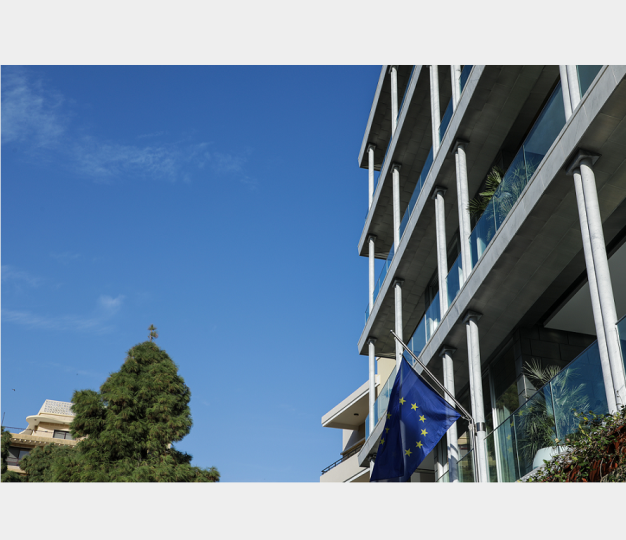ABOUT US
Who we are
The delegation represents the European Union in Lebanon. It is one of 145 European Union Delegations around the world.
The Delegation of the European Union to Lebanon
What we do
The European Union is composed of 27 Member States and the EU Delegation works closely with all the Member States in Lebanon.
Following the entry into force of the Lisbon Treaty on 1 December 2009, the EU set up a unified diplomatic service called the European External Action Service (EEAS). The diplomatic missions abroad are called EU Delegations and they are headed by the Head of Delegation – or Ambassador – who represents the EU in matters where the EU has competence according to EU Treaties.
EU Delegations deal with political and economic issues, trade, and cooperation in many different fields. Consular protection of EU citizens is provided by individual Member States Embassies and their Consulates.
Through its engagement with political actors, civil society, the private sector, academics, the media and citizens, the EU Delegation raises awareness of EU issues and concerns among the Lebanese authorities and the broader Lebanese public. The EU Delegation’s main tasks include:
- Representing EU interests in coordination with the EU Member States in Lebanon.
- Cooperating with Lebanese partners in areas of mutual interest.
- Ensuring that the EU cooperation benefits those most in need.
The Association Agreement signed in 2002 and the European Neighbourhood Policy (ENP) Action Plan constitute the main framework of current relations between the EU and Lebanon. The EU Delegation was established in Lebanon in 1979 as the Delegation of the European Commission. It is now headed by Ambassador Sandra De Waele.
Our Office
Our team
The Delegation of the European Union to Lebanon includes different sections:
- Political, press and information.
- Operations.
- Finance, contracts and audit.
- Administration.
The premises in Beirut also hosts other EU institutions including:
- The Delegation of the European Union to Syria.
- The Service for Foreign Policy Instruments in the MENA region.
- The Directorate-General for European Civil Protection and Humanitarian Aid Operations of the European Commission (ECHO) in Lebanon.
- The Directorate-General for European Civil Protection and Humanitarian Aid Operations of the European Commission (ECHO) in Syria.
- The European Investment Bank Representative for Lebanon.


